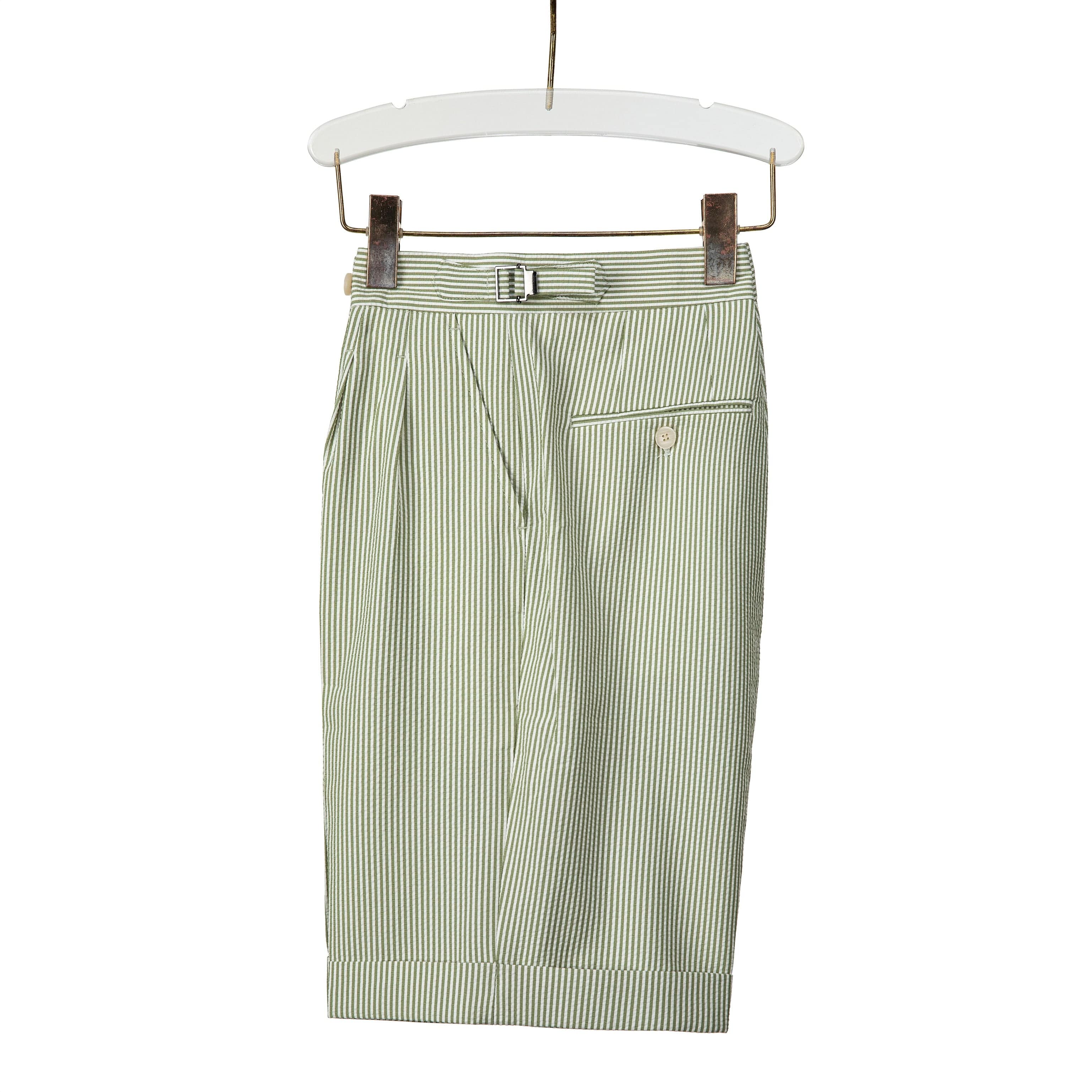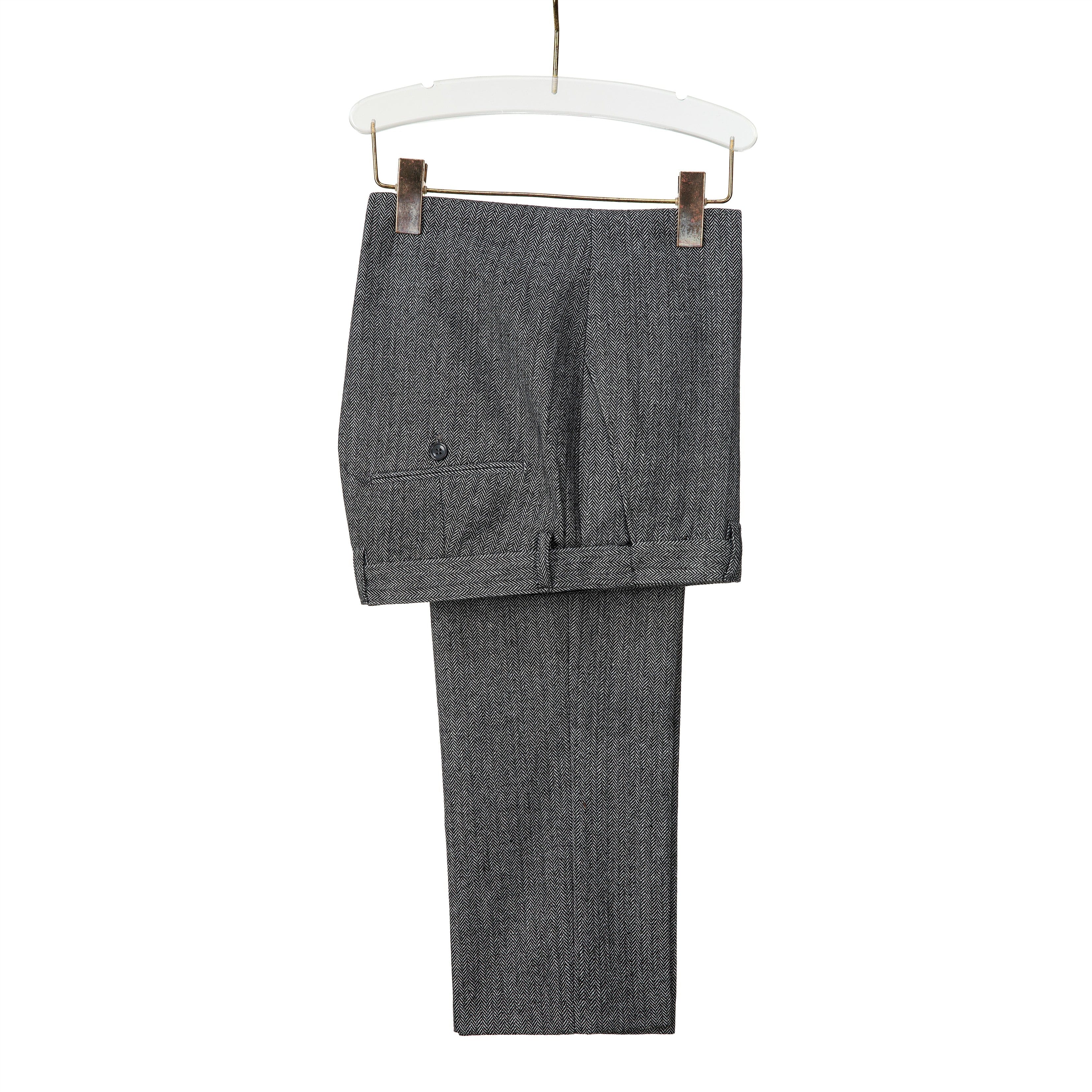Buying a suit is an investment in your professional wardrobe. Whether you need it for a job interview, a business meeting, or a special occasion, it's important to choose the right suit that fits well and makes you look and feel confident. Before you make a purchase, here are some key factors to consider:

Fit
The fit of a suit is crucial. It should be tailored to your body shape and proportions. A well-fitted suit enhances your appearance and gives you a polished look. Pay attention to the shoulder width, sleeve length, jacket length, and trouser length. Avoid suits that are too tight or too loose, as they can make you look unprofessional.

Fabric
The fabric of a suit affects its comfort, durability, and overall appearance. Look for suits made from high-quality materials such as wool or wool blends. These fabrics are breathable, wrinkle-resistant, and have a luxurious feel. Avoid synthetic fabrics, as they tend to look cheap and can make you feel uncomfortable.

Style
Consider the style of the suit and how it aligns with your personal taste and the occasion you'll be wearing it for. Classic styles like single-breasted, two-button suits are versatile and timeless. However, if you want to make a fashion statement, you can opt for a double-breasted or three-piece suit. Choose a style that suits your body type and reflects your personality.
Color
The color of a suit plays a significant role in its versatility and appropriateness for different occasions. Navy blue and charcoal gray suits are considered the most versatile and can be worn for both formal and semi-formal events. Black suits are more formal and are suitable for black-tie events. Consider the purpose of the suit and choose a color that complements your skin tone and matches your existing wardrobe.
Price
Set a budget for your suit purchase and stick to it. Suits come in a wide range of prices, and while it's tempting to splurge on a designer suit, it's not always necessary. You can find high-quality suits at affordable prices if you do your research. Consider the value for money and the cost per wear when making your decision.
Alterations
Keep in mind that most suits will require some alterations to achieve the perfect fit. Find a reputable tailor who can make the necessary adjustments to the suit. Common alterations include hemming the trousers, taking in or letting out the waist, and shortening or lengthening the sleeves. Factor in the cost of alterations when budgeting for your suit.
Brand and Reputation
Research different suit brands and their reputation for quality and craftsmanship. Established brands with a long history of suit-making often have a good reputation for a reason. Read reviews, ask for recommendations, and consider the brand's expertise and attention to detail. A well-known brand may cost more, but it can also provide assurance of a well-made suit.
Care and Maintenance
Consider the care and maintenance requirements of the suit before making a purchase. Some suits require dry cleaning, while others can be machine-washed. Check the care instructions provided by the manufacturer and ensure that you are willing to invest the time and effort in maintaining the suit properly.
By considering these factors before buying a suit, you can make an informed decision and choose a suit that fits well, looks great, and meets your needs. Remember, a well-fitted suit is an investment that can boost your confidence and leave a lasting impression.























